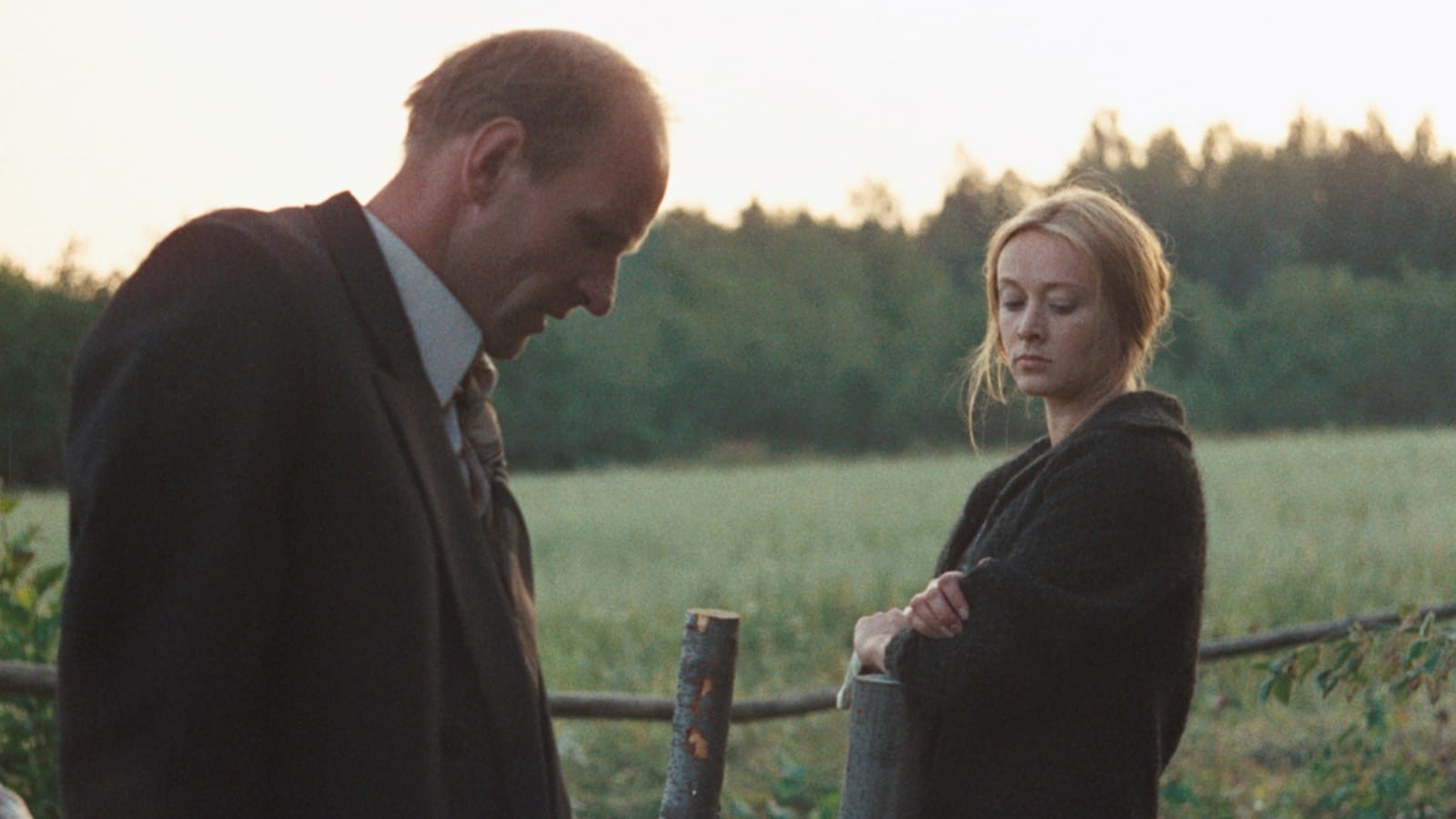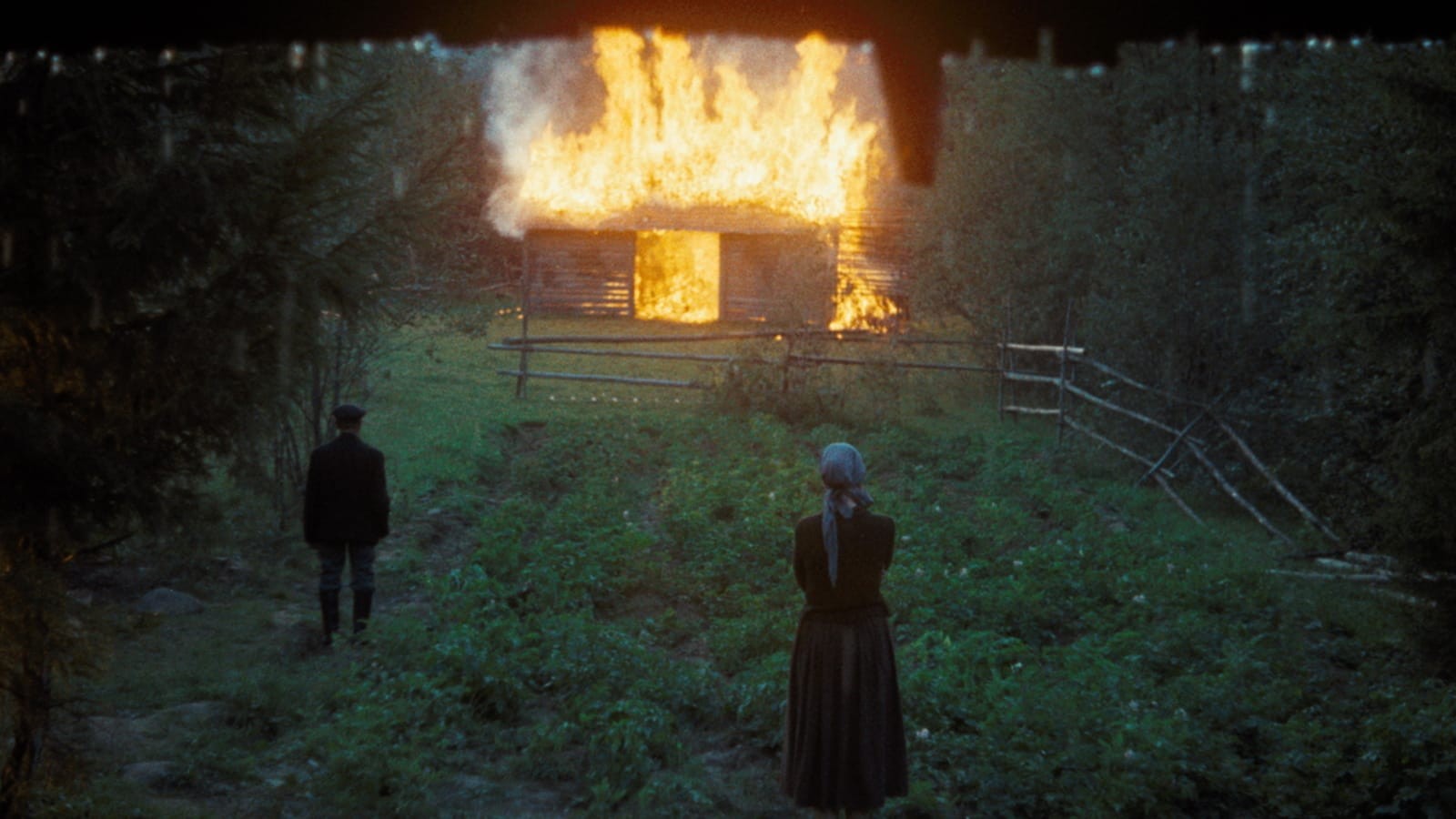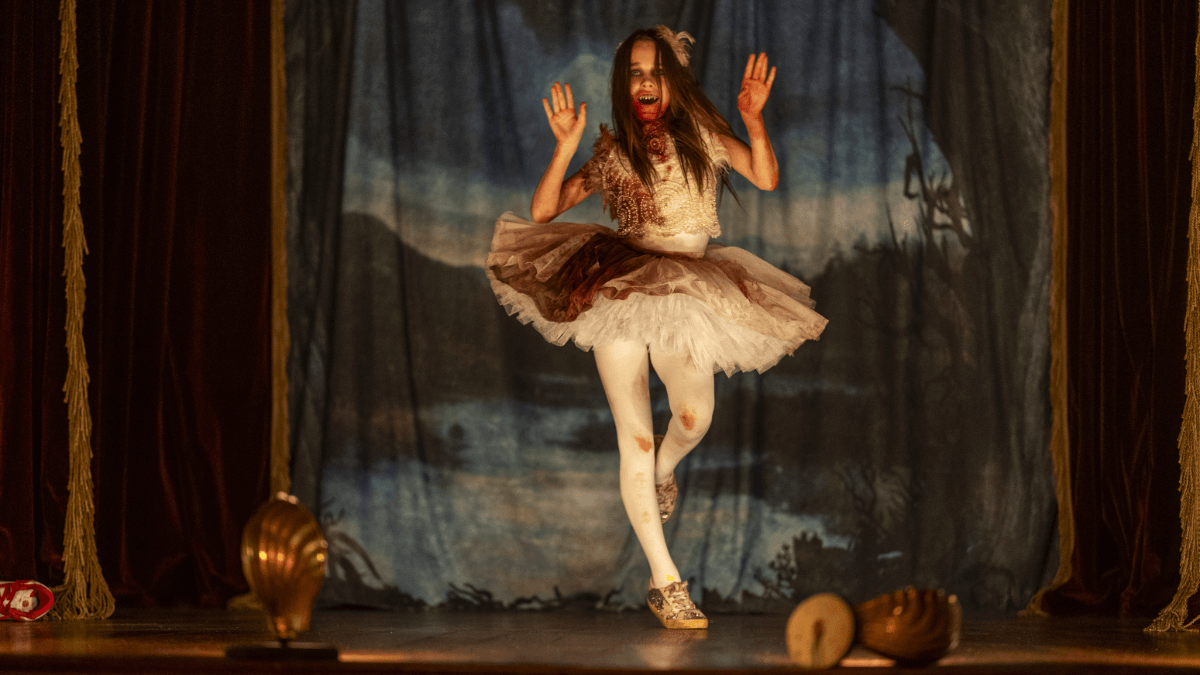When discussing the most important filmmakers who ever lived, the name Andrei Tarkovsky will come up rather quickly. In a career that spanned 30 years, Tarkovsky only made 7 films; but each of them has had a lasting effect on our cinematic landscape. His idiosyncratic style continues to influence many, but no one has truly captured the world and the inner turmoils of its people quite like Tarkovsky. His films are elemental, perhaps even primal; as if they came naturally out of the earth. Writing words to describe any of his films is a challenge, but in the case of his 1975 opus, Mirror, the challenge is even greater.
Like all of his other work, Mirror operates on “feeling” above all else; narrative and rules be damned. Tarkovsky is mining at a well of human experience that is not only very authentic, but in this case, intensely personal. Mirror serves as his most “auto-biographical” work, though not in any traditional sense. The film presents a refracted version of his story, with a structural logic that’s driven almost solely by emotion. It’s fitting that water is such a predominant visual theme in Mirror, as the film itself progresses like that of a river running upstream. Thoughts and memories flowing at will; and a collective history affecting each stone beneath the surface.
Our protagonist, Alexei, is never seen physically, so in turn, the camera takes on the role of his mind’s eye, as it were; making the experience of Mirror all the more immersive. There’s a tactile nature to the film that is particularly unique, even within Tarkovsky’s canon. You can feel the wind gushing through the tall grass, or smell the fire that engulfs the family barn. One might even feel compelled to reach out and touch the lush greens that lie just beyond the bounds of the screen. The effect is trance-like, as if you’re being transported into someone else’s dreams.
In a way, Mirror plays like a cinematic equivalent to a stroll through an art gallery. There’s a sense of peaceful calm that encompasses every moment, and with each new shot, we’re presented a new painting; each one more dazzling than the last. There’s no question that Mirror is one of the most visually stunning films ever made, and this new 4K restoration from Janus films only exemplifies that point. Tarkovsky manages to capture the natural beauty of both our waking reality and the artificial one captured through the camera with an unprecedented grace. It is truly a sight to behold.
Even without knowledge of Tarkovsky’s background, or the greater Russian history that in some ways defined his existence, Mirror still carries plenty of weight. Granted, the film is definitely not for everyone, since the material could surely come across too slow or dense for a modern audience. Though, the film invites you to open yourself to the experience of it; not necessarily to understand every detail as it was designed. Having seen the film around six times, every viewing brings with it new ideas and perception. There are many sequences that are moving in ways that go beyond articulation. Which brings everything back to what matters above all else, feeling.
[You can rent the new Janus Films restoration virtually through Film at Lincoln Center.]











My favorite Tarkovsky film, hands down. The imagery in this film will forever plague my mind.
A visually stunning film of perpetual dream state. SOLARIS is my favorite of his films. Like aspects of STALKER, too.
It’s very effortless to find out any topic on web as compared to books, as I found this piece of writing at this site.|